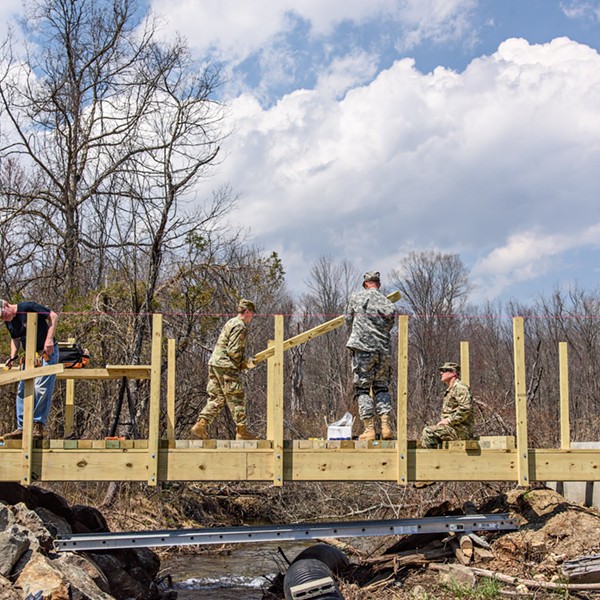I spent a week in early September at something called Burning Man, a kind of festival in the Nevada desert held each Labor Day. The event takes its name from the burning of a giant neon and wooden effigy of a man, which is burned on Saturday night as 40,000 people gather around and watch. The photo above is the Man, which has become something of a cultural icon, now more than 20 years in circulation. Burning Man traces its history back to 1986, when the founder, Larry Harvey, burned an effigy of a man on San Francisco’s Baker Beach. The event was moved to the Black Rock Desert in northern Nevada several years later and is now the annual meeting place of a far-reaching, extremely energetic subculture.
Astrology is about symbolism, and in this article I’d like to look at a few of the messages of the fire ceremony that’s at the center of this elaborate, creative project called Burning Man. I think for most people who participate, the theme is so intuitive, they don’t really think about it much. You get the message in the creative fire that surrounds the symbol; it comes across as real world. Given the freedom and the safe space to do so, women strip to the waist and walk around in public. Many guys wear skirts and tutus. Everything is connected to a concept, an idea, a game of twisting logic around into something sensible in a different way.
In effect, Burning Man grants many people permission to be who they are, and, in the absence of concrete knowledge, to test out some ideas of who they might be; and not have to worry too much about the legacy of who they were yesterday.
This legacy is our problem. It’s not that we use the past as a reference point for who we are, or where we are going, which would be fine. It’s that we determine our lives almost exclusively by what has happened in the past; by who we knew in the past; by what we held as true in the past; by our family of origin and what they did to us; by the career that we developed, generally with no special intention to have done so. And this is really the least of it.
What we struggle with the most, if you ask me, is the unspoken requirement to be who we were, feel how we felt, and love who we loved yesterday. We allegedly must, by some strange set of unwritten rules, get up in the morning and do what we did the day before. If you look closely there is actually very little to intervene in this train of experience. This is why key life transits such as the Saturn return, Uranus opposition, and Chiron return, are so often experienced as train wrecks. We make next to no room to ritualize the idea of change that would allow us an opportunity to in fact actually change.
Much of this process is encrypted in our social patterns: that is, our relationships with friends and family. We tend to stay the same, fearing their judgments, therefore trying to live up to their supposed expectations. Some of our most fundamental values, such as whether we think marriage has any validity for us personally, are bound up in these social ties. Deep beneath our fear of being ourselves, which really is a phobia on a cosmic scale, is the fear of being cast out of the tribe if we violate its social order.
This by the way is what I would call Chiron in Aquarius stuff: the tribal wound as it manifests as the fear of individuality. Here we have a convenient illustration because this year and next, Aquarius is such a focal point of the astrology. (The once-in-a-lifetime triple conjunction of Jupiter, Chiron, and Neptune is still working out in that sign, the peak of a five-year transit of Chiron in Aquarius.)
From all of this, we get the idea that people don’t change; we merely get locked into patterns. The times we expect to change are generally the moments of the train wreck. Maybe you’ll be different after a divorce or a death in the family, but even then there is only so far the rules of society allow us to go.
Enter Burning Man, where we ritualize and embrace the process of growth. We show up, facing the extreme conditions of the high desert, forced into both radical autonomy and the need to embrace community, both consciously, as a matter of survival.


















